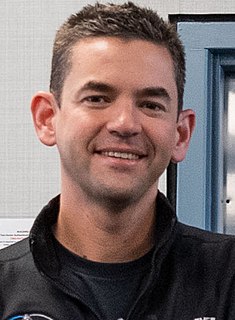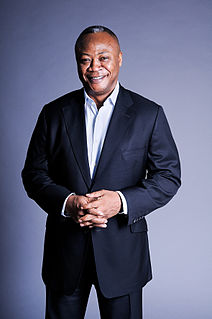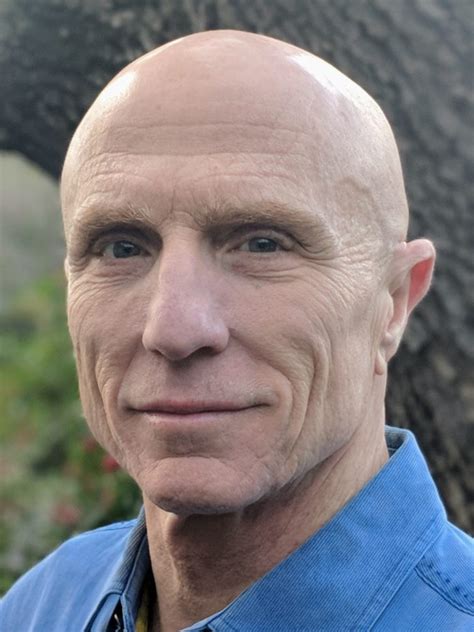A Quote by Jared Isaacman
There's always a risk that something goes wrong, like a structural failure. But you have confidence in the whole system and the measures that have gone into place to minimize the risk. Sometimes you land when your knees are clanking together and you say you're lucky to be alive. But you are - and you move on.
Related Quotes
To laugh is to risk appearing a fool. To weep is to risk appearing sentimental. To reach out to another is to risk involvement. To expose feelings is to risk exposing your true self. To place your ideas and dreams before a crowd is to risk their loss. To love is to risk not being loved in return. To hope is to risk pain. To try is to risk failure. But risks must be taken, because the greatest hazard in life is to risk nothing.
You need to put the fear of risk aside. Startups need leaders who are willing to persevere through the hard times. Failure is an option, and a real risk. Failure and risk are something entrepreneurs should understand well, and learn to manage. Don’t have a fear of talking about your failures. Don’t hide your mistakes.
Stated in the simplest terms, the recognized solution to the problem of foodborne illness is a comprehensive prevention strategy that involves all participants in the food system, domestic and foreign, doing their part to minimize the likelihood of harmful contamination. And that is the strategy mandated by FSMA. It is not a strategy that assumes we can achieve a zero-risk food supply, but it is a strategy grounded in the conviction that we can better protect consumers and the economic vigor of the food system if everyone involved implements reasonably available measures to reduce risk.
The risk of working with people you don't respect; the risk of working for a company whose values are incosistent with your own; the risk of compromising what's important; the risk of doing something that fails to express-or even contradicts--who you are. And then there is the most dangerous risk of all--the risk of spending your life not doing what you want on the bet that you can buy yourself the freedom to do it later.
Basically if you study entrepreneurs, there is a misnomer: People think that entrepreneurs take risk, and they get rewarded because they take risk. In reality entrepreneurs do everything they can to minimize risk. They are not interested in taking risk. They want free lunches and they go after free lunches.
Most of the time, your risk management works. With a systemic event such as the recent shocks following the collapse of Lehman Brothers, obviously the risk-management system of any one bank appears, after the fact, to be incomplete. We ended up where banks couldn't liquidate their risk, and the system tended to freeze up.
Whenever you're in a natural system and you're making sound, you are putting yourself at risk. As you go up the evolutionary ladder, from insects to frogs to birds and on up into mammals, the higher intelligence recognizes that when you vocalize, you put yourself at risk. So mammals generally vocalize or make noise much more rarely than, let's say, insects or frogs. And when they do, and put themselves at risk, it has to be worth the risk, and have true meaning, such as signaling during a hunting party, calling in prey, some religious or spiritual ceremony, something like that.
The church seeks to help form people who can risk being peaceful in a violent world, risk being kind in a competitive world, risk being faithful in an age of cynicism, risk being gentle among those who admire the tough, risk love when it may not be returned, because we have the confidence that in Christ we have been reborn into a new reality.



































